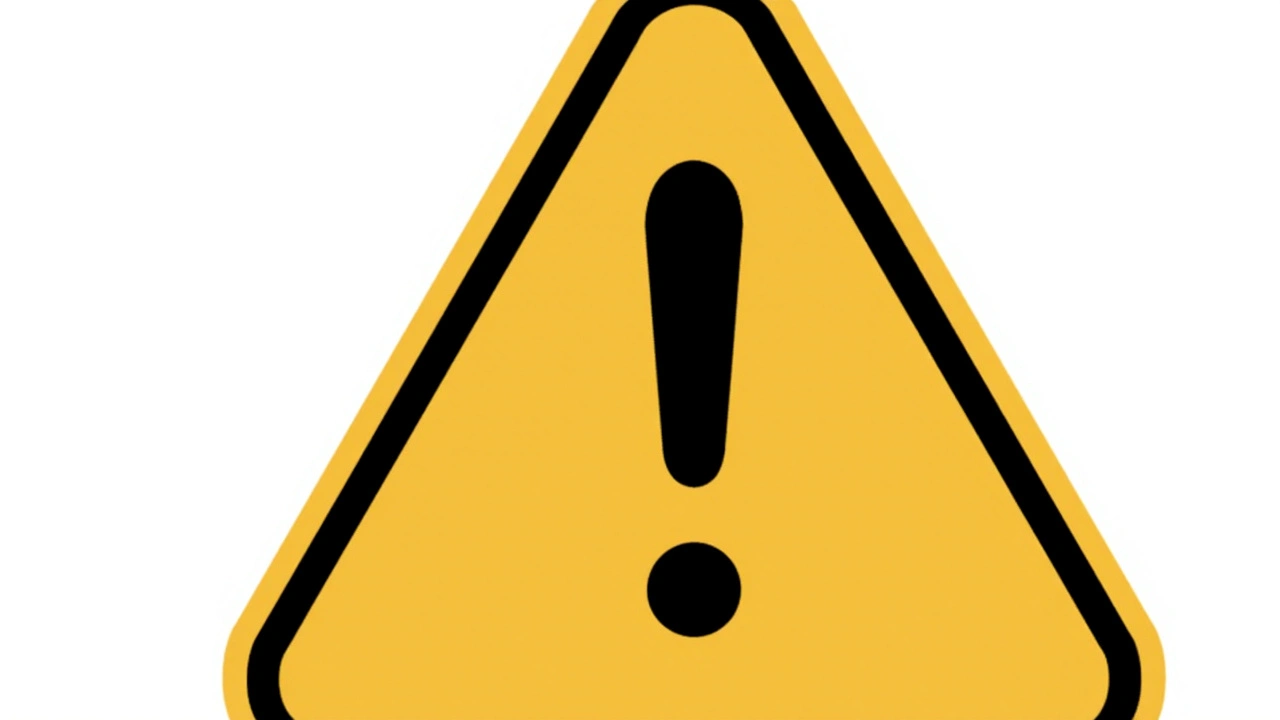MHRA: What It Means for Your Medicines and How to Stay Safe
See a familiar MHRA logo on a leaflet or website and wonder what it really guarantees? MHRA stands for the Medicines and Healthcare products Regulatory Agency — the UK body that checks medicines, devices, and safety information. If you buy medicines online or try a new supplement, knowing how MHRA works helps you avoid fakes, bad advice, and risky products.
Quick ways to check a medicine or seller
Here are practical checks you can do in minutes before you buy or take something:
- Look for a PL number on the pack: Licensed medicines sold in the UK have a PL (Product Licence) number. No PL number? Be careful.
- Search the MHRA site: Use MHRA safety alerts and recalls to see if the product has recent warnings. The agency lists defective batches and urgent recalls.
- Check the seller’s credentials: Legit UK pharmacies will show a registration number and usually a pharmacy regulator badge (e.g., GPhC). If the site hides contact details or refuses prescriptions, walk away.
- Watch packaging details: Typos, poor print quality, wrong spelling of the manufacturer, or missing leaflet are classic red flags for counterfeit products.
These steps won’t catch everything, but they filter out many problems fast.
What to do if something looks wrong
If a medicine causes unexpected side effects, looks different, or you suspect it’s fake, report it. MHRA runs the Yellow Card system for adverse reactions and faulty products. You can report online or through a healthcare professional. Reporting helps MHRA spot trends and stop harmful batches quickly.
Also tell your GP or pharmacist. They can advise whether to stop a medicine, switch to a safer option, or arrange a controlled supply. If you bought from an online pharmacy that misled you, save receipts and screenshots — these help MHRA and consumer protection teams investigate.
Buying medicines online? Use known, regulated services. Avoid sellers that offer prescription-only drugs without asking for a prescription. Steer clear of sites that pressure you with bulk discounts or make unrealistic promises like instant cures. If something sounds too good to be true, it usually is.
This tag collects practical articles on buying meds, alternatives, and safety — all related to MHRA’s role in protecting patients. Read product guides, licence checks, and step-by-step tips to shop smarter. Got a specific concern? Start by checking the PL number and the MHRA alerts, then ask your pharmacist for a second opinion.
Stay curious but cautious: MHRA gives you tools to check medicines, and a quick verification can protect your health and your wallet.

